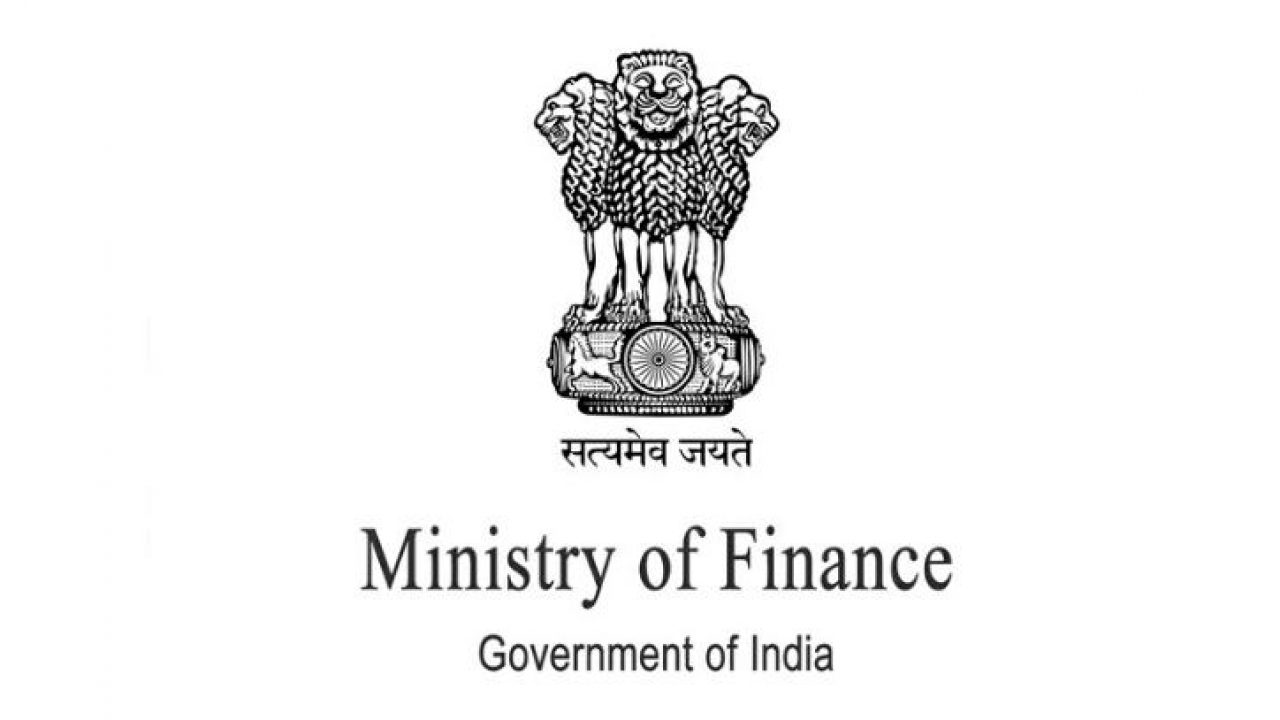Snippets of changes made in Finance Bill, 2015 as passed by the Lok Sabha
The Hon’ble Finance Minister had presented the Finance Bill, 2015 in lok Sabha on February 28, 2015. Now the Lok Sabha passed the Finance Bill, 2015 with certain changes. Originally the Finance Bill, 2015 proposed to provide relief from MAT only to FIIs without extending such relief to foreign companies. Now exemption from MAT has been proposed to be provided to foreign companies as well. Key changes as made to the Finance Bill, 2015 are given hereunder:
1) MAT exemption to foreign coImpanies : The Finance Bill, 2015 proposed to provide relief from MAT only to FIIs without extending such relief to foreign companies. Thus, the foreign company would be liable to pay MAT on capital gains arising from transfer of securities and income arising from royalty, interest or FTS even if such income would not be chargeable to tax or taxable at lower rate in India by virtue of applicable double taxation avoidance agreements (‘DTAA’) or any provision of the Income-Tax Act.
Therefore, the Finance Bill, 2015 as passed by Lok Sabha proposes to provide relief from MAT to foreign companies as well. Capital gains from transfer of securities, interest, royalty and FTS accruing or arising to foreign company has been proposed to be excluded from chargeability of MAT if tax payable on such income is less than 18.5%.
2) Increase in limit of Section 80D deduction to Individuals : The Finance Bill, 2015 had increased the limit of deduction under Section 80D to Rs 25,000 for any member of HUF. It omitted to increase such limit for individuals. Accordingly, necessary changes have been proposed to rectify such omission.
3) Subsidies included in definition of income : Any subsidy which is not reduced from the actual cost of the asset in view of provisions of Explanation 10 to Section 43(1) has been proposed to be included in the definition of income.
4) Interest on loan taken to acquire an asset : Interest on borrowings used for acquisition of asset has been proposed to be disallowed as revenue expenditure till the date on which asset is put to use.
Changes in Finance Bill,2015

